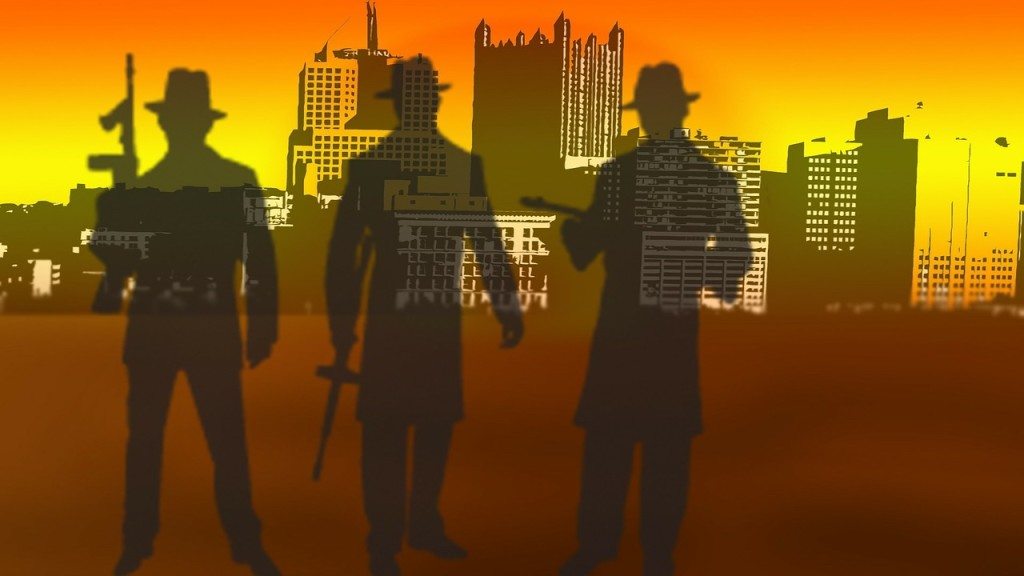The days of the traditional mafia seem to be numbered–at least as its depicted in movies or on TV. Goodfellas has been replaced by Blackhat as organized crime syndicates evolve to master online crime. It is safer and offers an equal or greater return for less investment of resources.
I wrote this post about the evolution of the modern-day mafia
Organized crime is nothing new. Mob gangsters and mafia families have been romanticized as the stuff of legend since the days of Prohibition. Just as the Internet has transformed the way we access information, shop, interact with each other, and conduct business, it has also completely altered the world of organized crime.
Crime is no longer confined to traditional brick and mortars–it’s all online. While the information and payout criminals are looking to attain are a bit different than in decades past, these are still thugs and true criminals. Now, however, they have the shield and anonymity of the Internet to hide behind.
It took a while for organized crime to adapt to cybercrime. I suppose it was a generational issue just as adoption of the Internet and cutting edge technologies are for the rest of society. Entrenched crime bosses probably shunned the Internet in favor of the proven business model they had used for decades. As younger criminals elevated through the ranks to take command, though, they saw the potential for crime on a massive scale with significantly less risk of arrest or physical harm.
It’s also possible that organized crime online is more or less organic—a logical evolution of Internet crime as cybercriminals band together to pool resources. The reality is probably somewhere in the middle—a combination of grassroots cybercrime organizations and traditional mafia operations transforming to embrace the Internet.
Evolution of Organized Cybercrime
J.J. Thompson, CEO of Rook Security, provided a description of what we generally perceive as organized crime. “’Mafia’ is typically defined as a hierarchically-structured secret organization allegedly engaged in smuggling, racketeering, trafficking in narcotics, and other criminal activities. Add in intimidation and proof of power through “enforcement”, and it reaches the levels we have become familiar with on television and in movies.”
The basic concept of the mafia has evolved to take advantage of the Internet. “History serves as a great teacher of how organized crime develops and ways criminals are able to locate their desired assets. In today’s world, the Internet creates a new playground for thieves,” explained Kevin Hickey, President and CEO of BeyondTrust. “They have exchanged explosives and guns for vulnerabilities and exploits. They have changed ski masks for the anonymity of the internet and are able to resell precious data in the dark and deep perils of the web. No matter their means of thievery, criminals have the same desired outcome in mind.”
Regardless of its origins, there’s a reason that crime naturally becomes organized to some extent. “Criminals form supply chain relationships just like businesses,” said Bethany Mayer, President and CEO of Ixia. “The person skilled at stealing data is not always as skilled at turning data into money. Professional criminal networks tend to form as a result to handle the ‘logistics’ and soon hierarchies are formed.”
Craig Hinkley, CEO of WhiteHat Security, talked about the basic approach of the traditional mafia and how they would target the smallest and weakest businesses in the community to extort money. When mafia enforcers encountered a business capable of defending itself and standing up to the demands they would move on. They might make an example of a defiant business just to prove a point, but the mafia understood the value-effort-reward-risk profile of the businesses they were targeting.
See the full story on Forbes: Cybercrime Is The Modern-Day Mafia.
- Why Data Security Is the Real AI Risk - June 30, 2025
- Why Being Bold Matters in Cybersecurity—and Branding - June 3, 2025
- Gear Tested and Approved: My Top Picks for Dads and Grads This Season - May 28, 2025



